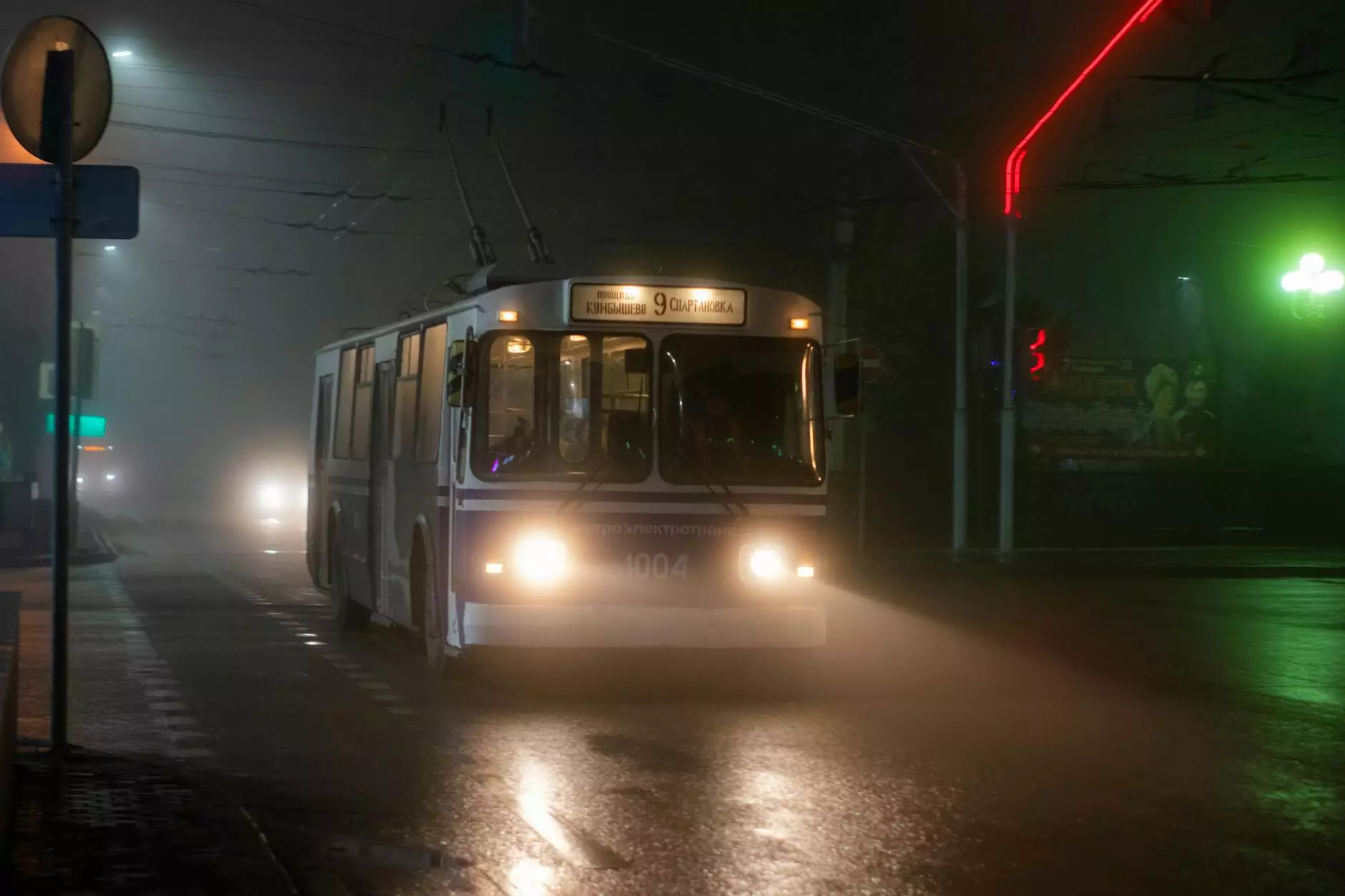How to Stay Awake While Driving
Blog
Introduction
At DZ9 Transport, your safety is our top priority. As a business specializing in shipping and logistics, we understand the importance of staying alert and awake while driving to ensure a safe transportation experience for our customers. In this comprehensive guide, we will share valuable tips and techniques to help you stay awake, focused, and vigilant on the road.
The Dangers of Drowsy Driving
Drowsy driving poses a significant risk to both drivers and other road users. Fatigue impairs your ability to react quickly and make sound decisions, increasing the likelihood of accidents. According to the National Highway Traffic Safety Administration (NHTSA), drowsy driving causes thousands of injuries and fatalities each year. By following the recommendations below, you can help prevent such incidents from occurring.
1. Get Sufficient Rest before a Drive
Prioritizing sleep is essential for maintaining your alertness and reducing the risk of drowsy driving. Ensure you get an adequate amount of sleep before embarking on a long journey. Aim for 7-9 hours of quality rest each night to ensure you are well-rested and ready for the road.
2. Plan Your Route and Take Breaks
Planning your route in advance can help you anticipate rest stops and strategically plan breaks. Taking short breaks every two hours or 100 miles can help combat fatigue and provide an opportunity to stretch, walk around, and refresh yourself. Use this time to rehydrate, have a light snack, and engage in activities that promote alertness, such as listening to energetic music or practicing deep breathing exercises.
3. Avoid Drowsy Driving Triggers
Identifying and avoiding factors that contribute to drowsiness while driving is crucial. Some common triggers include:
- Fatigue-inducing medications: Certain medications can cause drowsiness as a side effect. Consult with your healthcare provider regarding potential effects and adjust your driving plans accordingly.
- Alcohol and sedatives: Alcohol and sedatives have a profound impact on your alertness and reaction time. Never drink alcohol before or during driving, and avoid sedatives that may cause drowsiness.
- Time of day: The body's natural sleep-wake cycle, known as the circadian rhythm, can influence your level of alertness. Try to avoid driving during times when you would typically be asleep.
4. Stay Hydrated and Fuel Your Body
Dehydration can contribute to fatigue and reduced cognitive function. Ensure you drink enough water throughout the day to stay properly hydrated. Additionally, maintain a balanced diet and include nutritious snacks during your journey. Avoid heavy meals that can induce drowsiness.
5. Use Helpful Tools and Technologies
Take advantage of modern technologies designed to enhance your driving experience. Consider utilizing:
- Drowsiness detection systems: Some vehicles come equipped with advanced systems that can detect signs of drowsiness, such as lane departure warnings or driver attention monitors.
- Mobile applications: Various smartphone apps provide reminders, driving statistics, and helpful tips to keep you focused and awake on the road. Explore different options and find the one that suits your needs.
Conclusion
By implementing these strategies and maintaining a proactive approach to drowsy driving prevention, you can significantly reduce the risk of fatigue-related accidents. At DZ9 Transport, we prioritize safety and encourage all drivers to prioritize alertness and stay awake while operating their vehicles. Remember, the safety of yourself and others depends on your commitment to staying awake, focused, and energized during transportation.










